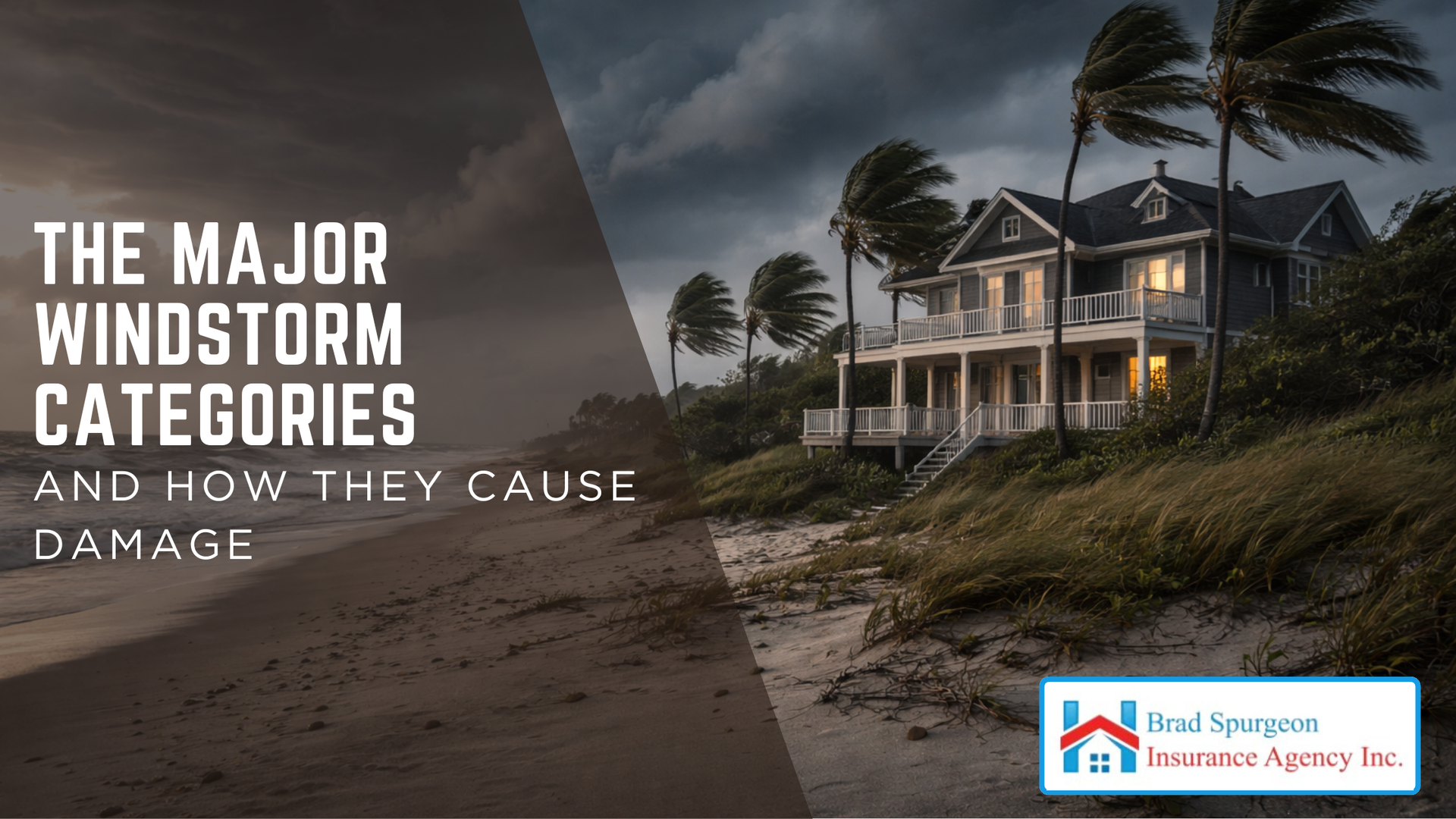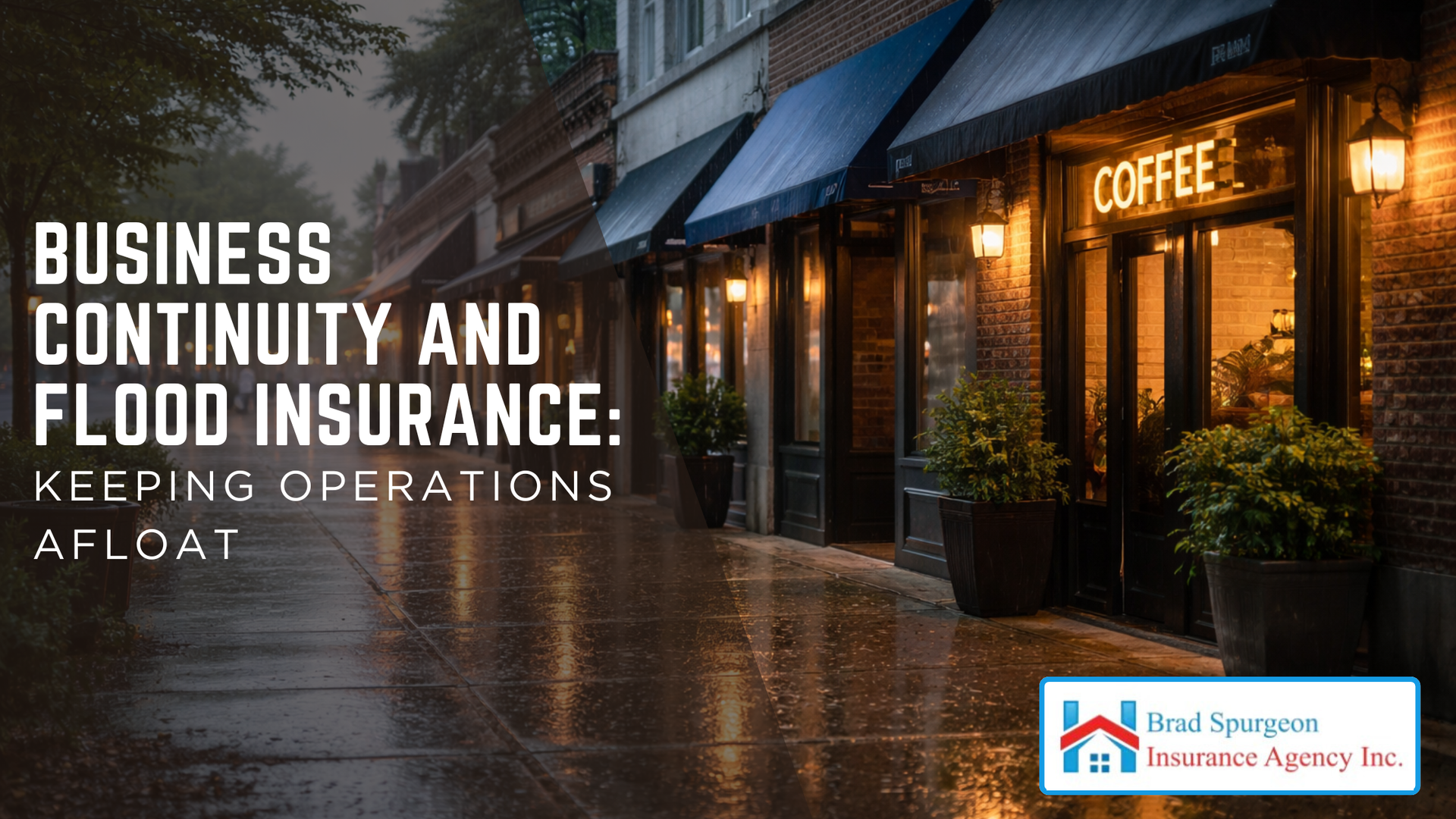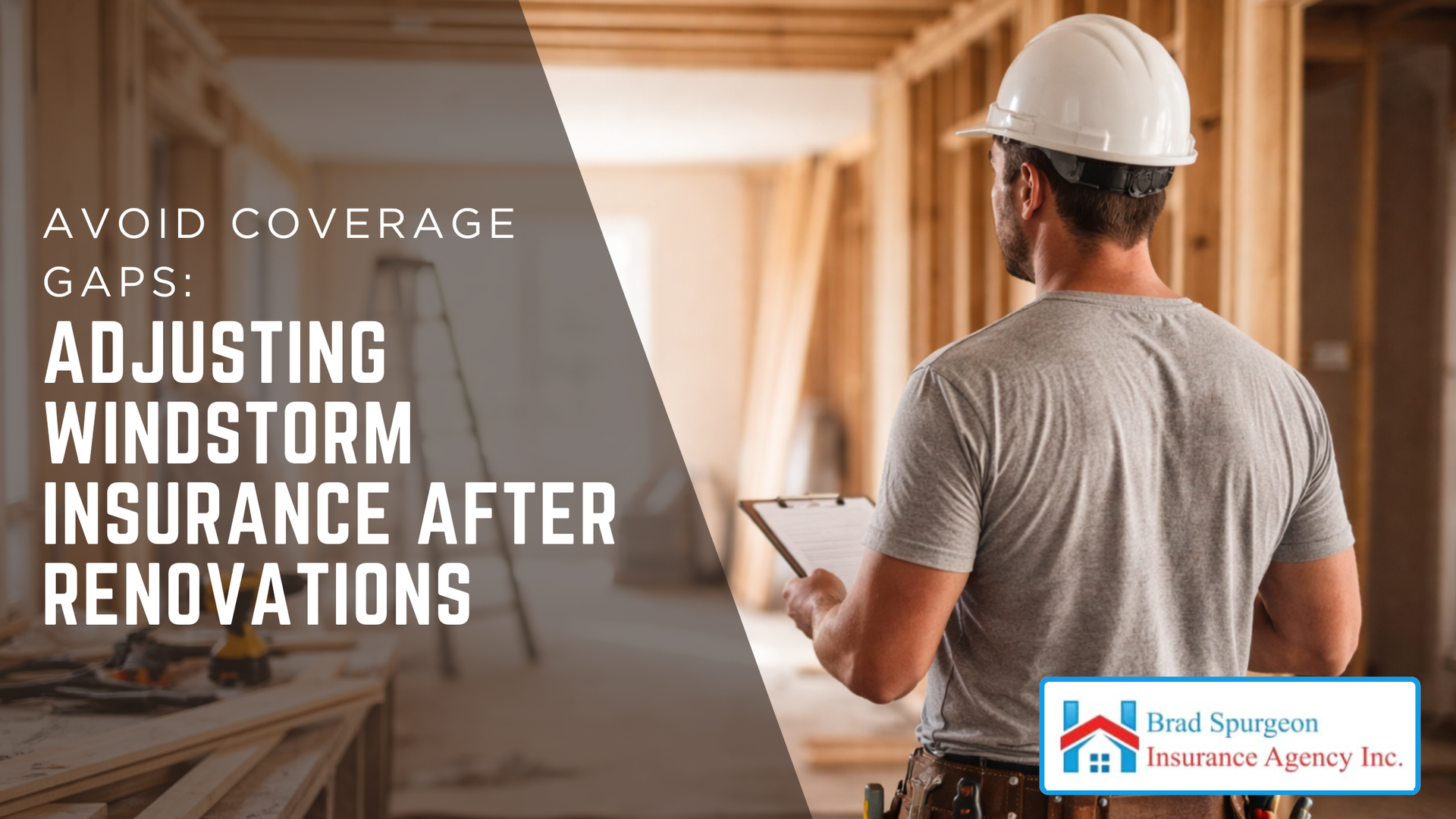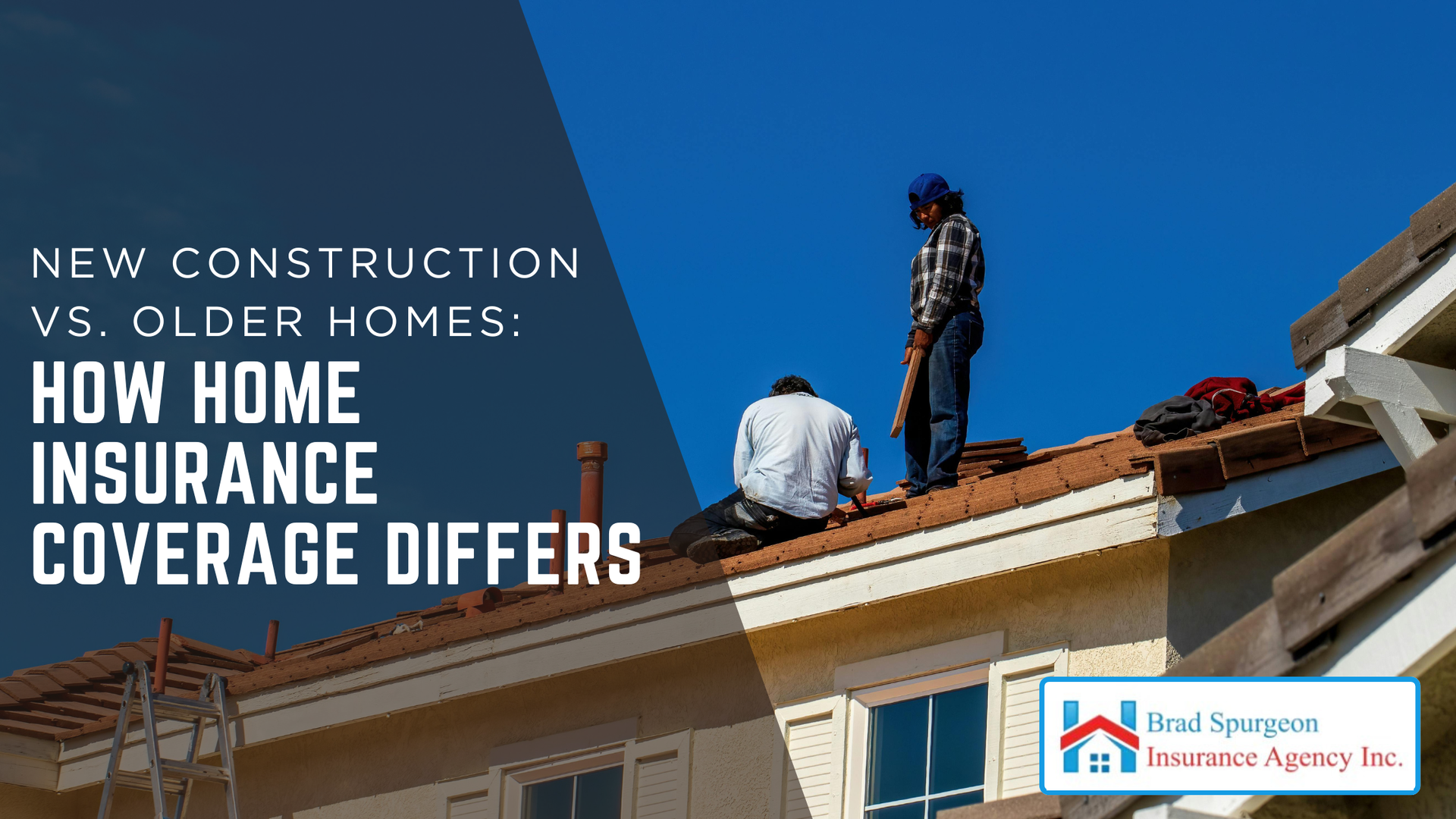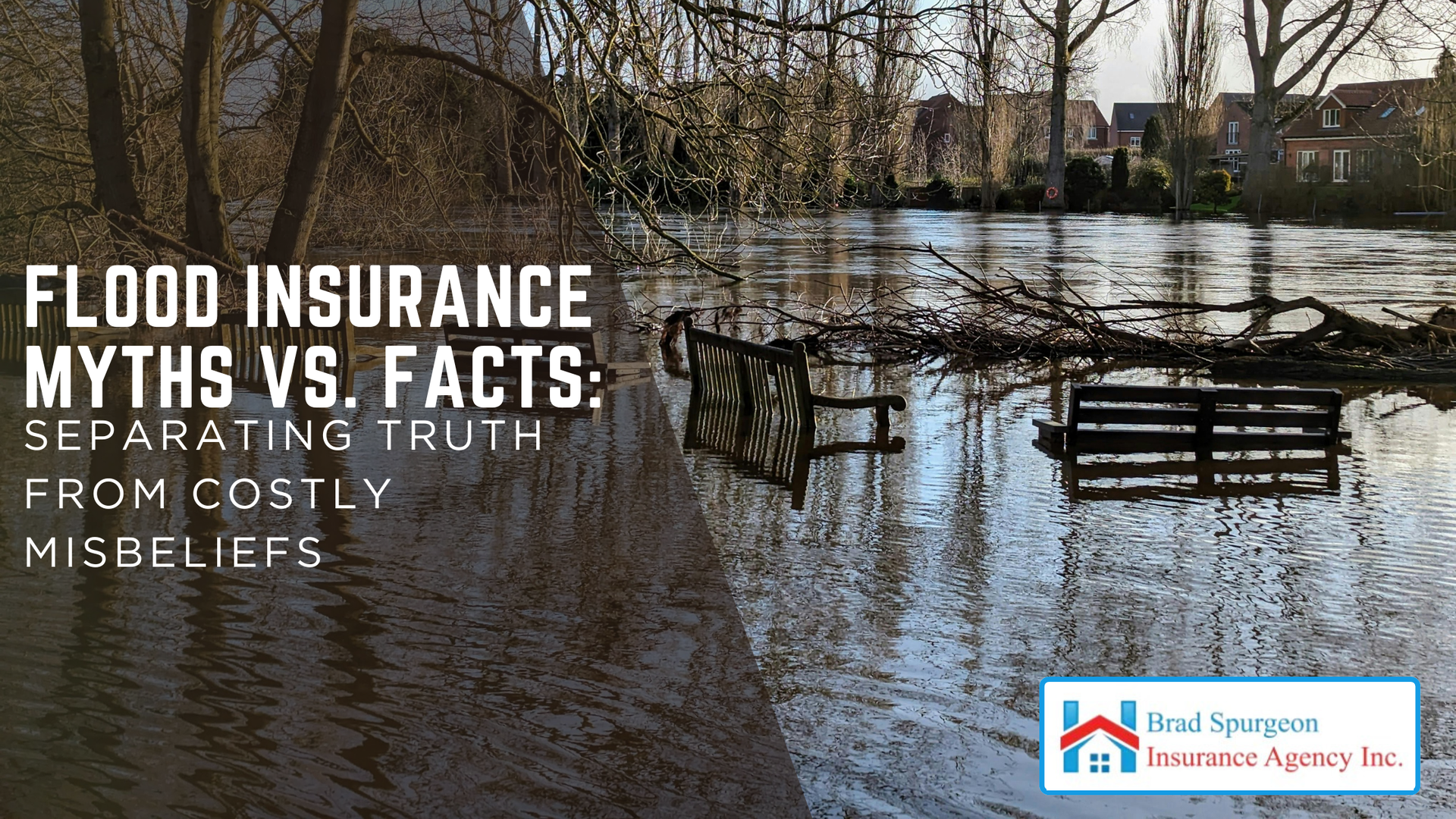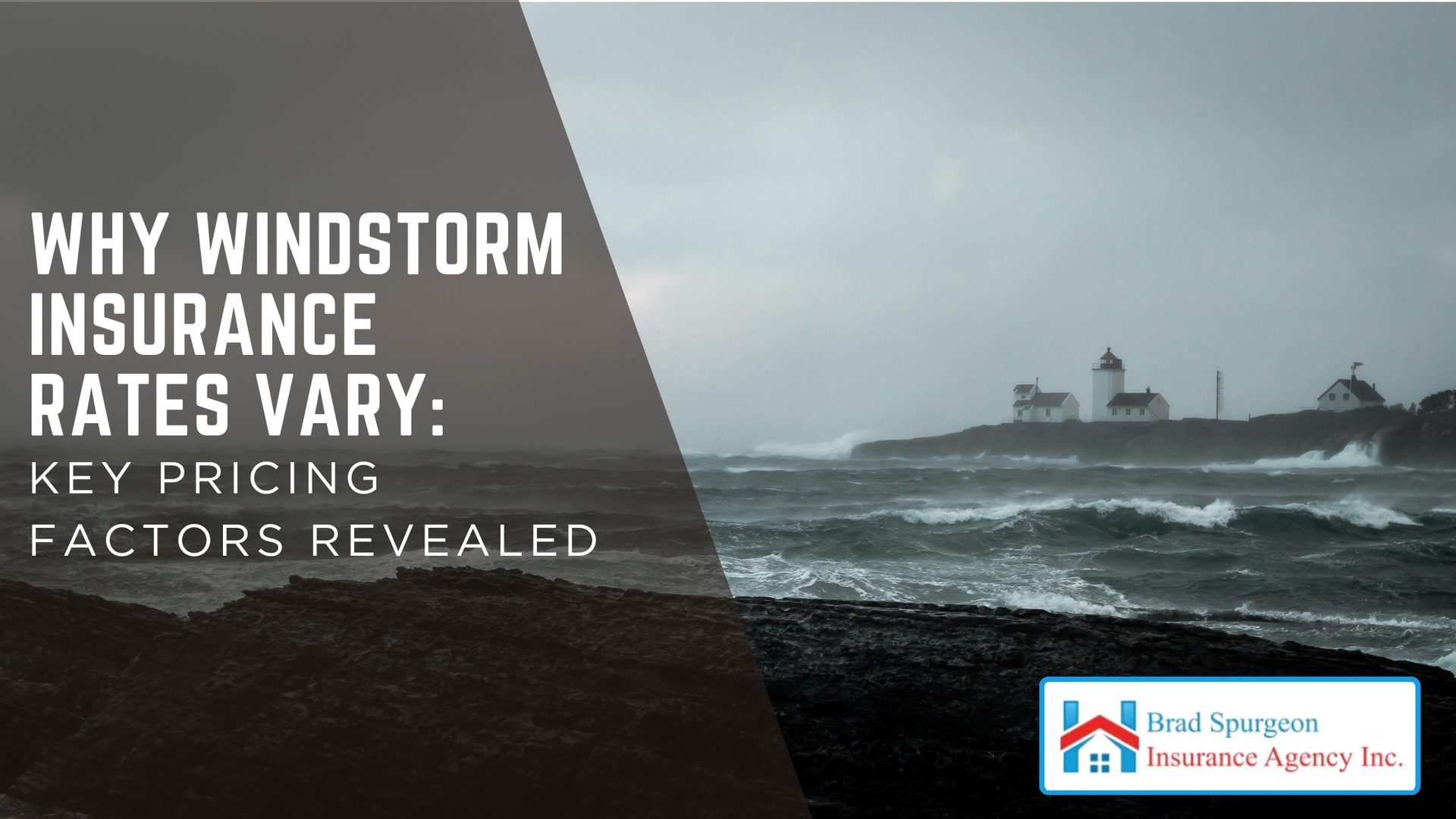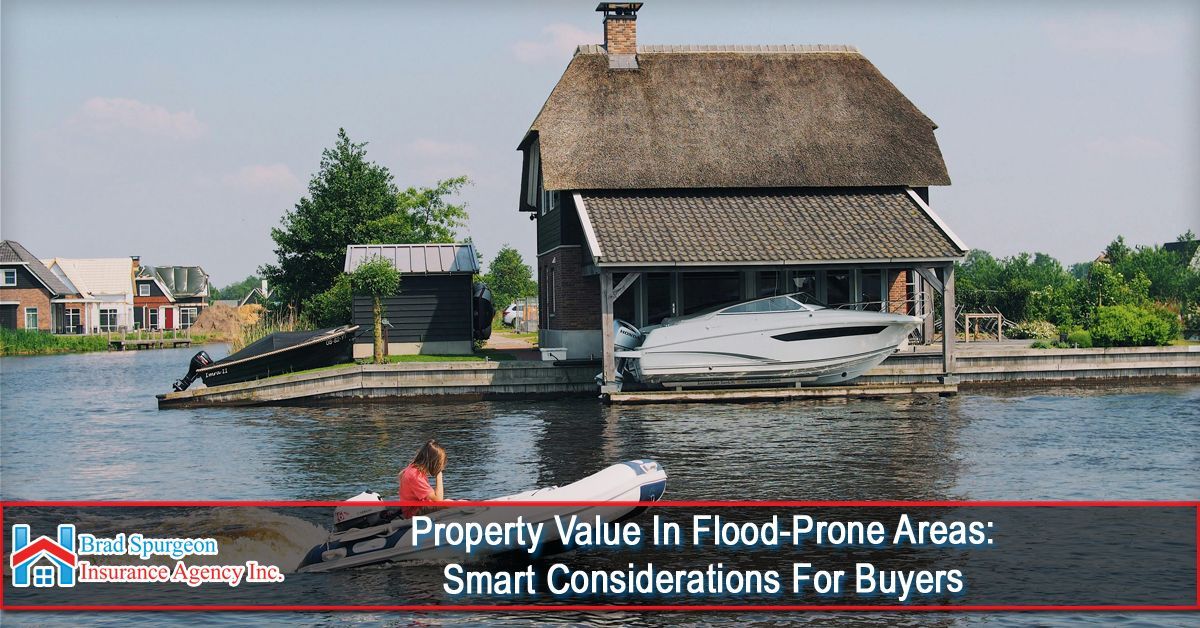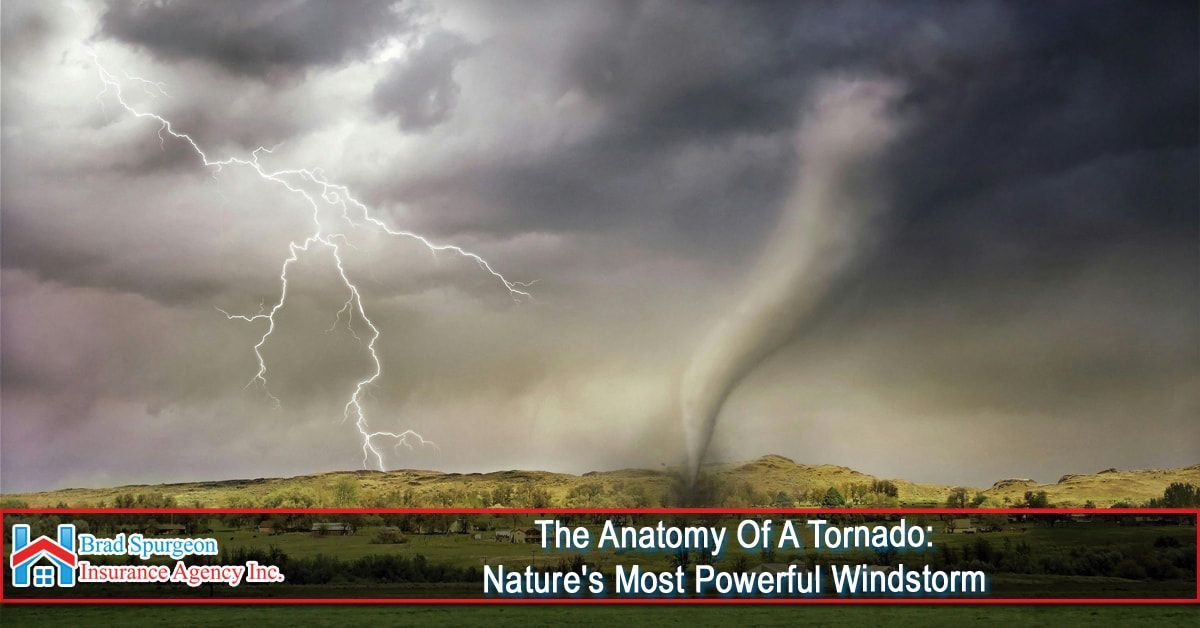Tornadoes, often called nature's most powerful windstorms, are awe-inspiring and devastating forces of nature. These violent, rotating columns of air, extending from a thunderstorm to the ground, can produce wind speeds of over 300 mph, causing widespread destruction. Tornadoes typically form when warm, moist air from the Gulf of Mexico collides with cool, dry air from Canada, creating unstable atmospheric conditions conducive to severe storms. Below is an expanded explanation of how tornadoes develop and their impacts:
- Tornadoes begin with wind shear, a condition where wind speeds and directions vary with height, creating horizontal rotation in the lower atmosphere.
- In a supercell thunderstorm, the rotating updraft, or mesocyclone, tilts this horizontal rotation into a vertical one.
- Once the updraft is stretched and tightened by atmospheric instability, it can form a tornado.
- Funnel Cloud: The visible, rotating funnel of condensed water droplets and debris.
- Debris Cloud: A rotating cloud of dust and debris near the ground.
Tornadoes are categorized using the Enhanced Fujita (EF) Scale based on estimated wind speeds and damage:
- EF-0: Minor damage, with wind speeds of 65–85 mph.
- EF-1: Moderate damage, with wind speeds of 86–110 mph.
- EF-2: Considerable damage, with wind speeds of 111–135 mph.
- EF-3: Severe damage, with wind speeds of 136–165 mph.
- EF-4: Devastating damage, with wind speeds of 166–200 mph.
- EF-5: Catastrophic damage, with wind speeds over 200 mph.
Tornadoes can carve paths ranging from a few hundred feet to over a mile wide and travel several miles, often causing extensive property damage and loss of life.
Tornadoes are most common in the United States, particularly in "Tornado Alley," which spans parts of Texas, Oklahoma, Kansas, and Nebraska.
Tornadoes can wreak havoc on homes and businesses, leaving property owners with significant financial burdens. While standard homeowners insurance may cover some wind damage, it often excludes tornado-specific or high-risk areas, making windstorm insurance essential. Here’s why:
Structural Repairs: Covers damages to roofs, walls, and foundational structures caused by tornado winds.
Personal Belongings: Protects against loss or damage to personal items inside the home.
Temporary Living Expenses: Provides funds for temporary housing if the home becomes uninhabitable.
The cost of repairing even minor tornado damage can reach tens of thousands of dollars, and severe tornadoes can result in complete loss of property. Windstorm insurance ensures you’re not left to bear these costs alone.
Some areas prone to tornadoes may require specialized policies. Windstorm insurance is often tailored to cover tornado-related risks in such regions.
This coverage helps homeowners and businesses rebuild faster, reducing downtime and long-term financial impact.
Many insurance providers offer windstorm coverage as an add-on or a separate policy, making it customizable to your specific needs.
- Invest in Insurance: Ensure you have adequate windstorm insurance coverage for both your home and personal belongings.
- Create an Emergency Kit: Include essentials like water, non-perishable food, flashlights, batteries, and a first-aid kit.
- Develop a Safety Plan: Identify safe areas in your home, such as a basement or storm shelter, and ensure all family members know the plan.
- Secure Your Property: Regularly inspect and maintain your roof, doors, and windows to minimize wind damage.
- Stay Informed: Use weather alert systems to monitor severe weather conditions in your area.
Tornadoes are among the most powerful and unpredictable forces of nature, capable of reshaping landscapes in mere minutes. While understanding their formation and impacts is essential, proactive measures such as securing windstorm insurance and preparing for emergencies are equally crucial. By investing in the right coverage, property owners can mitigate the financial risks associated with tornado damage and ensure a faster recovery. Combining preparedness with robust insurance policies offers peace of mind and helps protect your home and family from the devastating effects of tornadoes.
At Brad Spurgeon Insurance Agency Inc., we aim to provide comprehensive insurance policies that make your life easier. We want to help you get insurance that fits your needs. You can get more information about our products and services by calling our agency at (409) 945-4746. Get your free quote today by CLICKING HERE.
Disclaimer: The information presented in this blog is intended for informational purposes only and should not be considered as professional advice. It is crucial to consult with a qualified insurance agent or professional for personalized advice tailored to your specific circumstances. They can provide expert guidance and help you make informed decisions regarding your insurance needs.
